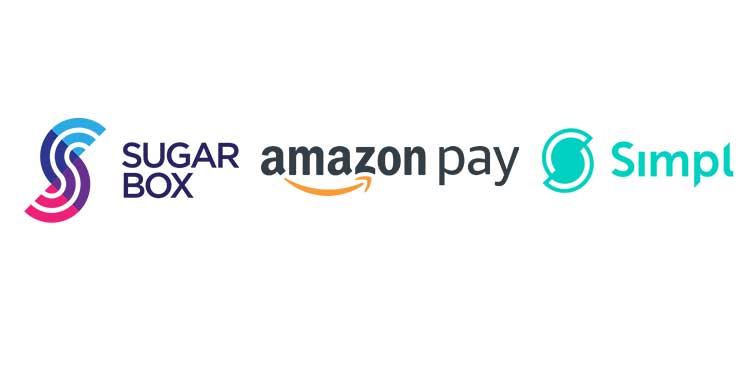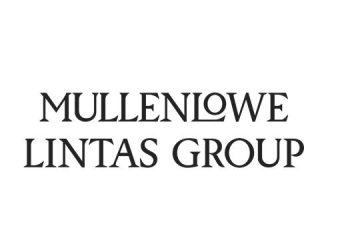Mumbai: SugarBox Networks has partnered with Amazon Pay, a digital payment platform and Simpl, a platform that empowers merchants and customers with commerce solutions, to enable payments in line with the progressive Digital India vision. By facilitating payments across geographies, this partnership edges closer to building an innovative solution for consumers, across the underserved and unserved geographies.
With this partnership, SugarBox aims to make fintech accessible to 425 Mn people by 2026. Aligning with the Digital India mission of connecting the next billion users, SugarBox Networks has implemented their technology across areas of eminent consumer interest, such as villages, trains, metros, and are inching closer to being present in flights, hospitals and across other public-gathering environments.
This strategic association will focus on providing e-wallet users a seamless one-click payment experience on Amazon Pay, further strengthening the digital payments ecosystem.

Speaking about this partnership, Vikas Bansal, Director, Amazon Pay, added, “Customers are now looking for payment platforms & propositions that provide a secure, trusted, and convenient experience. Our partnership with SugarBox will allow “Amazon Pay Balance: Money” (prepaid payment instrument) users to transact online, seamlessly, enhancing their payment experience. This initiative is in line with our endeavor towards simplifying the daily lives of our customers and driving digital adoption for Amazon Pay, by enabling customers to pay anyone, anywhere”.
Digital payments are expected to witness even further growth in the coming years. Reduced dependency on cash, fast transfer speed, and the ease of transacting, is what make digital payments a preferred option. Though e-wallets have exhibited rapid adoption and recorded a growth of 30.19 percent during the year ended March 2021, a large number of consumers do not have access to these options. SugarBox aims to address this digital divide, by empowering them with access to connectivity.

Nitya Sharma, Co-founder & CEO, Simpl elaborates, “Simpl, founded in 2015, is one of the pioneers to spearhead the ‘Buy Now Pay Later’ concept in India and our efforts have yielded overwhelming results. We are enabling merchants across product categories and end-customers across segments, to unlock multiple benefits from a single unified platform. Over the years, Simpl has added new verticals to its existing product portfolio attuned to evolving customer expectations, changing merchant requirements and dynamic market scenarios. Often the absence of a stable network is a huge barrier to reliable connectivity. And this is why our association with SugarBox is a significant move towards reaching out to a wider audience, for seamless transactions”.
To initiate these payments, the user will have to link their e-wallets with SugarBox, thus ensuring subsequent payments are managed seamlessly. At scale, SugarBox Networks envisions augmenting the existing internet infrastructure and enhancing digital experience be it in remote areas, in transit, or even when the network is patchy.

Speaking about how this partnership creates value, Rohit Paranjpe, CEO & Co-Founder, SugarBox Networks, said, “Digital payments are forging a new era, by themselves. Enabling digital payments for a consumer in an urban geography or a village speaks volumes of how the existing digital divide could soon be diminishing. Our partnership with Amazon Pay and Simpl, is an initiative to revolutionize and empower consumers across ‘Bharat’ and ‘India’. We, at SugarBox, are relentlessly focused on building the backbone for the internet of the future, through simple ideologies of offering affordable, accessible, and reliable connectivity”.
India has witnessed exponential growth in digital payments over the last few years. According to the Ministry of State for Electronics and IT, digital payments have grown five folds from 1,004cr in 2016-17 to 5,554cr in 2020-21, with mobile transactions leading the way. While this is an encouraging sign, the payments industry continues to be dependent on an active and reliable network for rapid growth, and as a result, lacks presence in the underserved and unserved parts of the country.

















